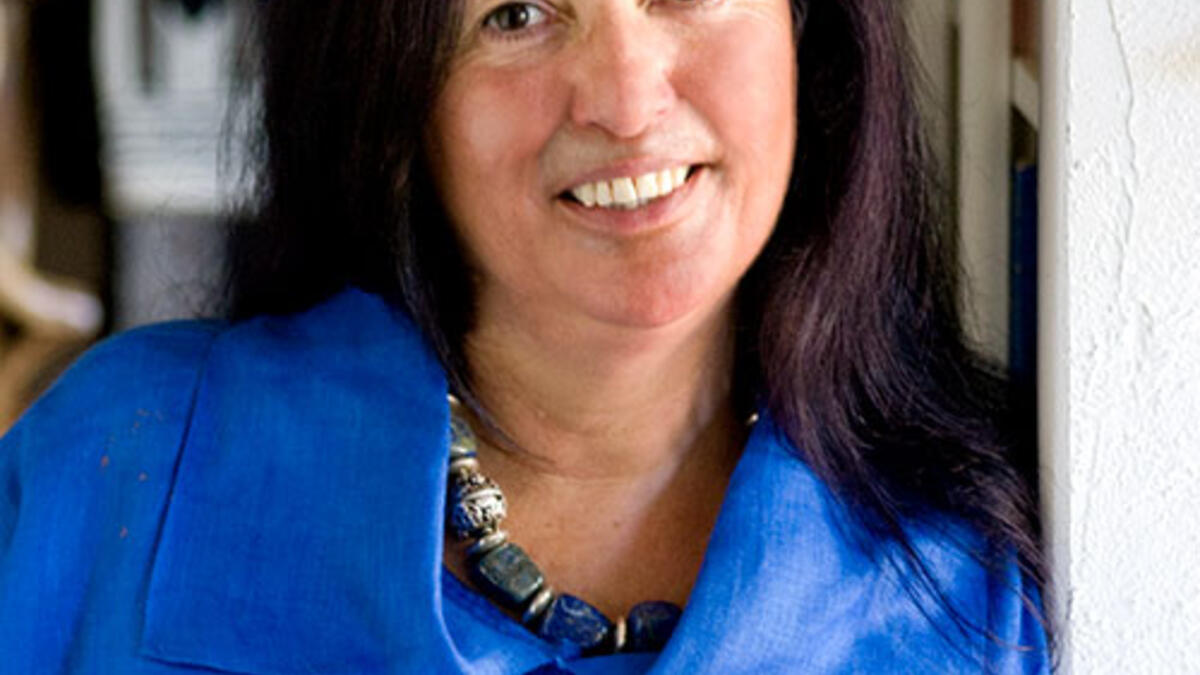School of Social Transformation Professor Mary Romero assumes ASA presidency

Mary Romero.
Mary Romero, a professor in the School of Social Transformation at Arizona State University, recently presented her research at the annual meeting of the American Sociological Association. She also ascended to the role of president of the association.
The American Sociological Association — a nonprofit organization founded in 1905 to advance sociology as a scientific discipline and profession serving the public good — hosted its 113th annual meeting Aug. 11-14 in Philadelphia. This event “provides the opportunity for professionals involved in the scientific study of society to share knowledge and new directions in research and practice.”
Romero presented her research paper titled, “Normalizing Hate in Immigration Law Enforcement: Making America White Again,” on Aug. 12 during the “Exposing Invisible Burdens: Critical Race Theory and Racialized Emotion” session. This session explored “the multiple ways in which emotions function and get deployed in the protection and reproduction of white power, privilege and wealth.”
More than 5,000 people attended the annual meeting of the American Sociological Association, and approximately 3,000 research papers were presented as part of 600 program sessions during the four-day meeting.
This annual meeting marked Romero’s ascent to the role of president of the ASA — a role to which she was elected in 2017 by the association’s membership. The three-year term began in 2017 when Romero served as president-elect. Following her year as president, she will serve one final year as past-president.
When she was elected, Romero noted her desire to build on the association’s existing programs and services in an effort to appeal to a wider range of potential members. “To best serve our members, ASA must continue to emphasize social justice in sociological inquiry,” she stated.
Now, in her new role as president, Romero said, "As we move further into the unsettling Trump administration, the American Sociological Association must be prepared to effectively challenge attacks on tenure and academic freedom in higher education.”
"Our voices, our scholarship as sociologists must join in these fights as well as linking with activists in the fight against the deportation of immigrants, racism, anti-Semitism, sexism, homophobia, ableism, and the deterioration of the environment. To do so, I believe that we must draw on the activist roots of our discipline, from W.E.B. Du Bois to Jane Addams, from critical philosophies to critical inquiry of social issues. We have the expertise. We have the politically engaged scholars necessary to respond to renewed cries for social justice."
Social justice has been the focus of Romero’s career, and her body of work in this arena is substantial. In addition to teaching courses at the School of Social Transformation on justice and social inquiry and women and gender studies, Romero has published expansively on topics ranging from social inequality to the intersections of gender, class, race/ethnicity and immigration. Her selection to lead the ASA is a direct reflection of her work.
More Arts, humanities and education

Local traffic boxes get a colorful makeover
A team of Arizona State University students recently helped transform bland, beige traffic boxes in Chandler into colorful works…

2 ASU professors, alumnus named 2025 Guggenheim Fellows
Two Arizona State University professors and a university alumnus have been named 2025 Guggenheim Fellows.Regents Professor Sir…

No argument: ASU-led project improves high school students' writing skills
Students in the freshman English class at Phoenix Trevor G. Browne High School often pop the question to teacher Rocio Rivas.No,…

